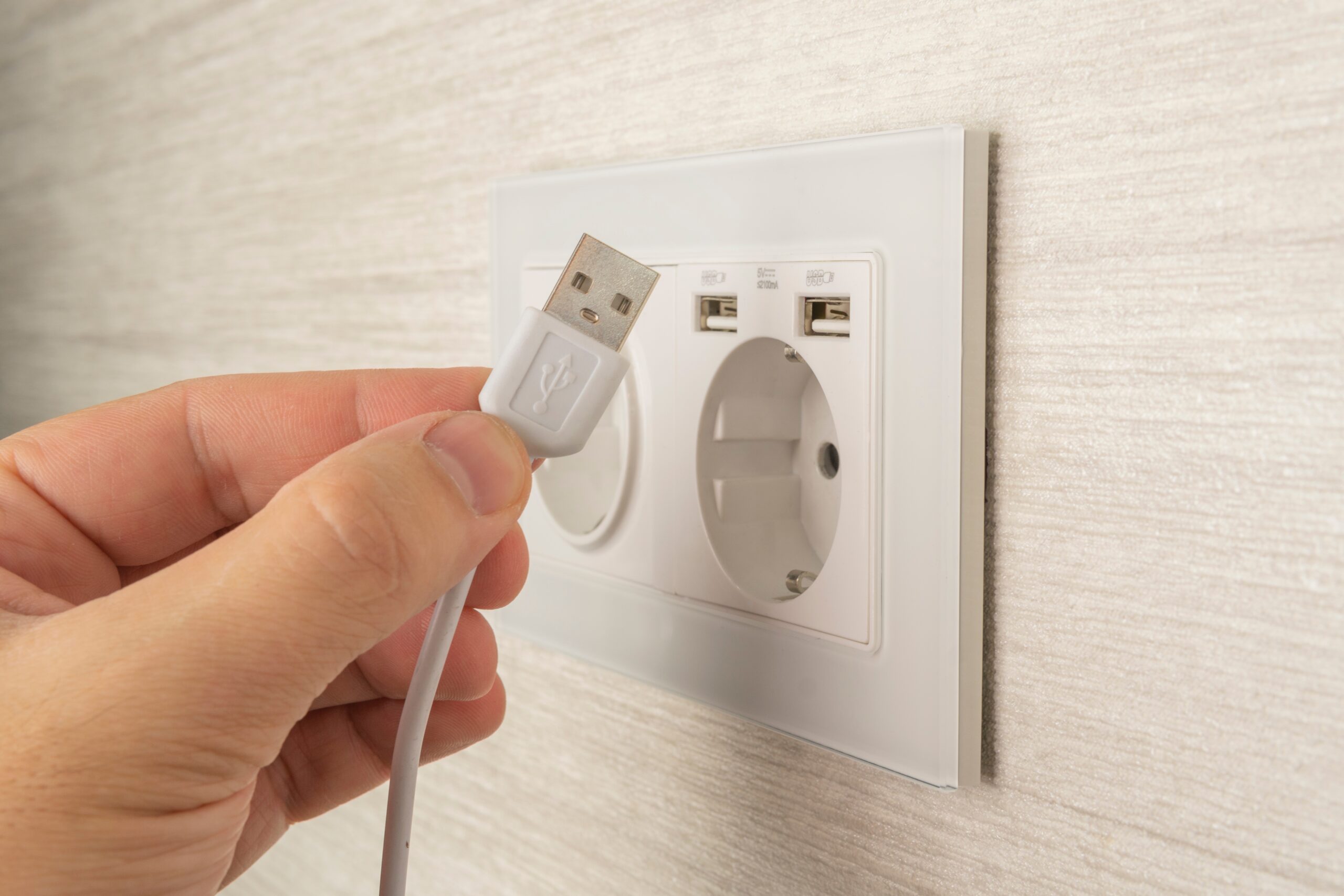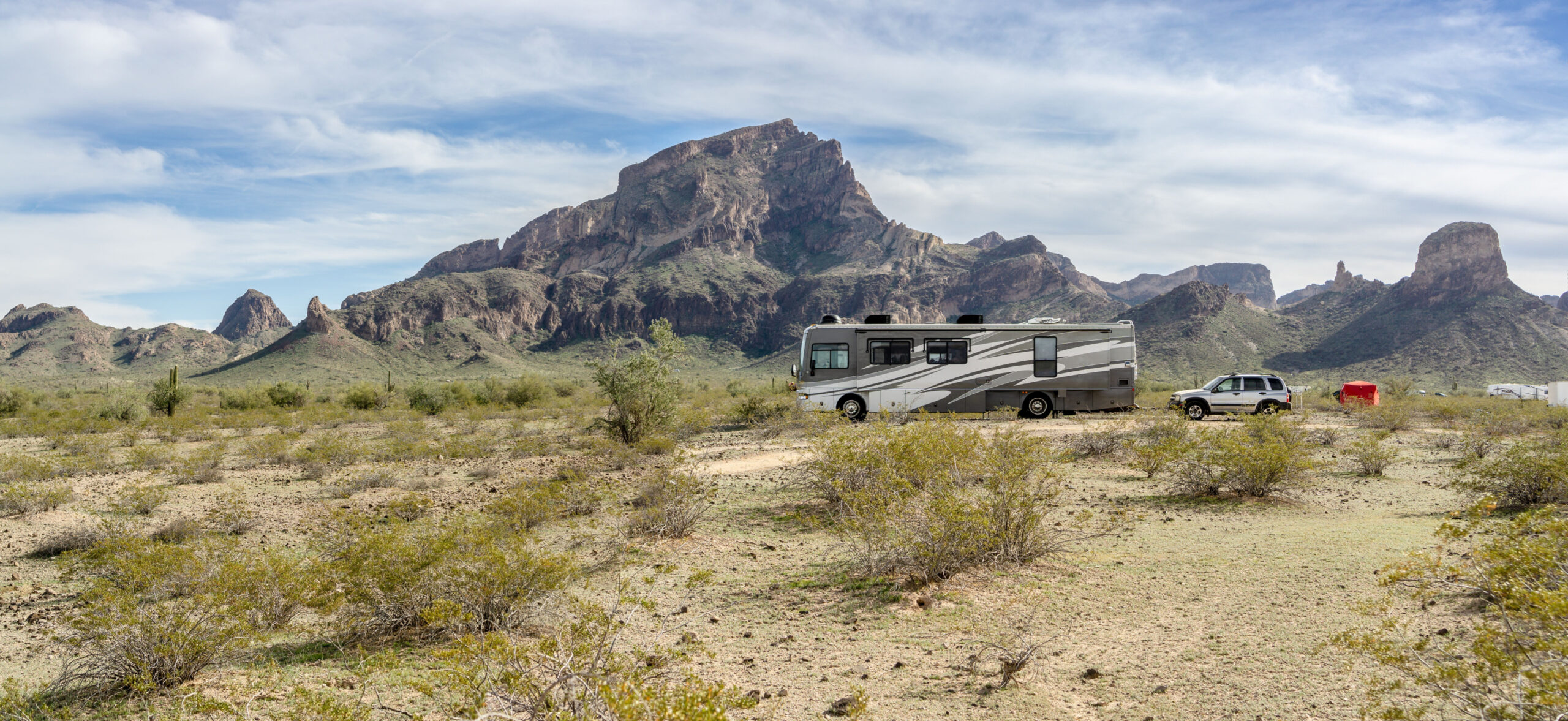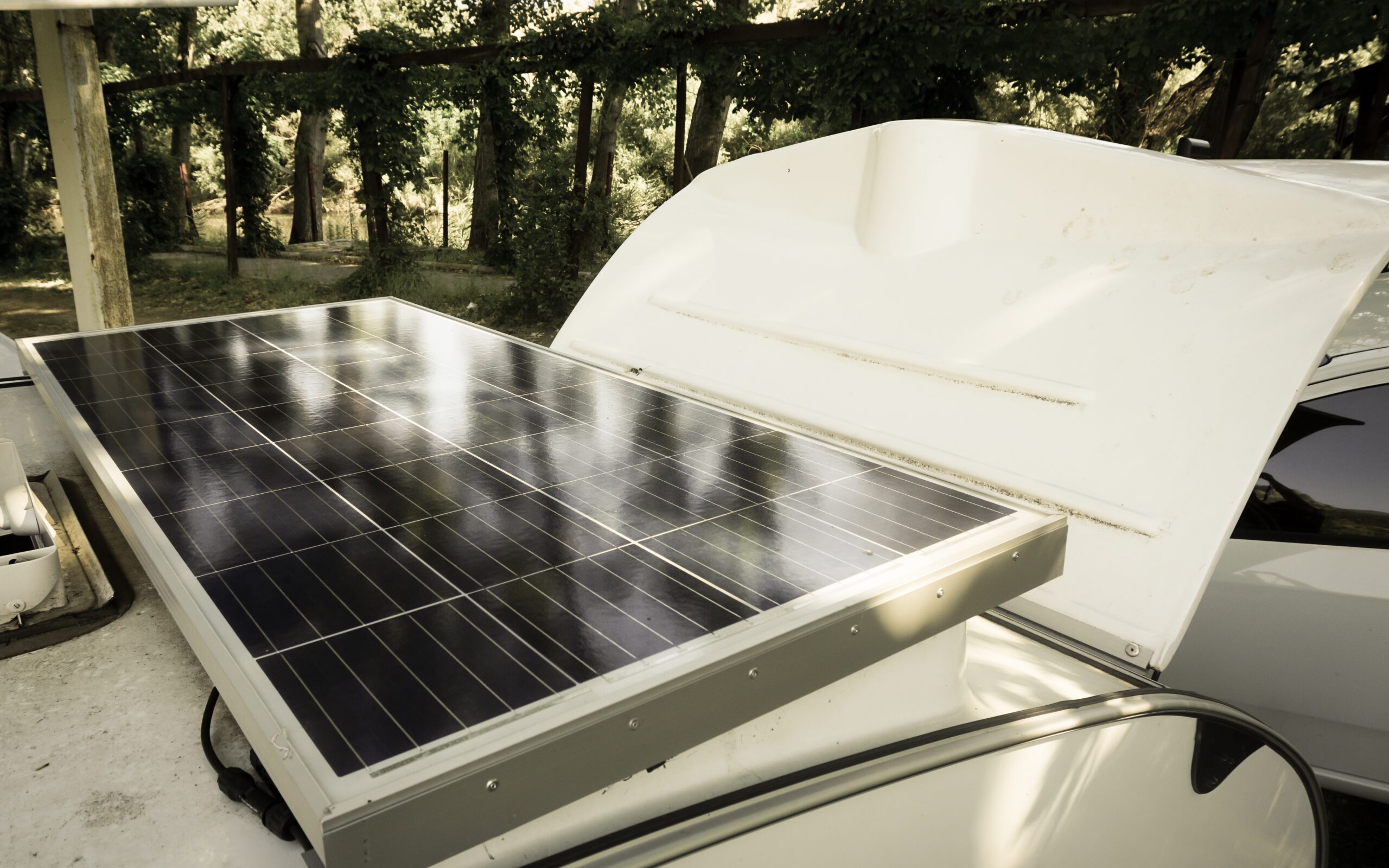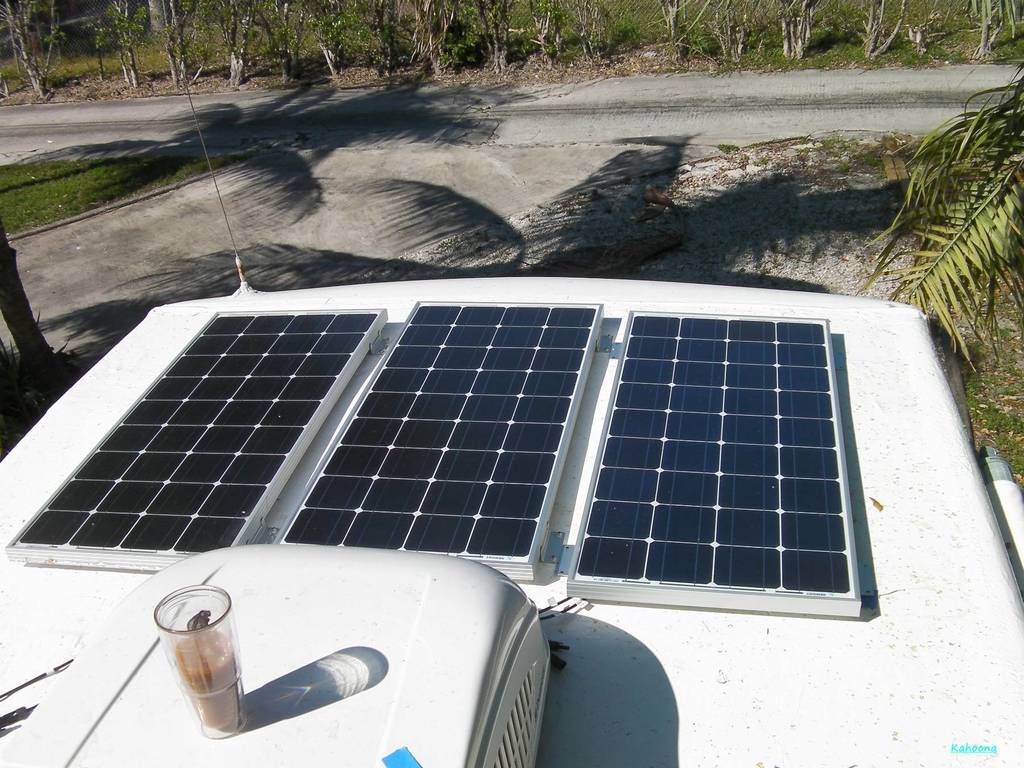
Solar Panels on an RV add Great Benefits
Just like on a home, setting up solar for an RV means installing solar panels on the roof to capture sunlight to convert it to electricity. Of course, the size of panels differs since electricity needs for an RV differ greatly from a house, so it’s important to pick the right types of panels that will direct the adequate amount of electricity needed to power your appliances and small devices.
Why Add Solar Panels?
If you mostly go to campgrounds with electrical hookups, installing solar panels won’t have much benefit and won’t be worth the financial investment. But if you go to remote locations often and boondock without power hookups, solar energy is a great way to generate power and save money as compared to relying on a gas generator. Over time, solar panels will prove more cost-effective than a generator—the “payback period” is usually under 5 years for switching to solar.
There are several other reasons to go solar; it’s also an environmentally-friendly, sustainable way to get energy. Solar panels require little to no maintenance and are a dependable source of convenient energy when the sun is out. You can always add more panels to your RV as well if you find that your original setup isn’t providing enough power to suit your needs.
What You’ll Need for Solar
Once you’ve decided to go solar, you’ll need to have the right equipment. The first is obviously the solar panels; for this part, you’ll need to decide how many you want and how many watts of power you want them to provide.
Most solar panels for RVs put out between 100-400 watts of power. There are numerous solar panels on the market made with RVs in mind from companies like BougeRV or Newpowa. Sunflare also makes thin, flexible solar panels that are more lightweight than other brands.
To get the most accurate portrayal of how many watts you’re currently using which will give you a better assessment of which panels to pick, try using a kilowatt meter/energy usage monitor, which will measure the kilowatt-hours of your appliances. Make sure to include all items using electricity including the water pump, lights, fans, inverters, chargers, and appliances.
Taking tally of the amount of electricity used won’t just help to assess the watts of your solar panels, but also of how many batteries you’ll need for storing the energy your panels provide. There are two options for batteries: lead-acid and lithium-ion (lithium are considered the best).
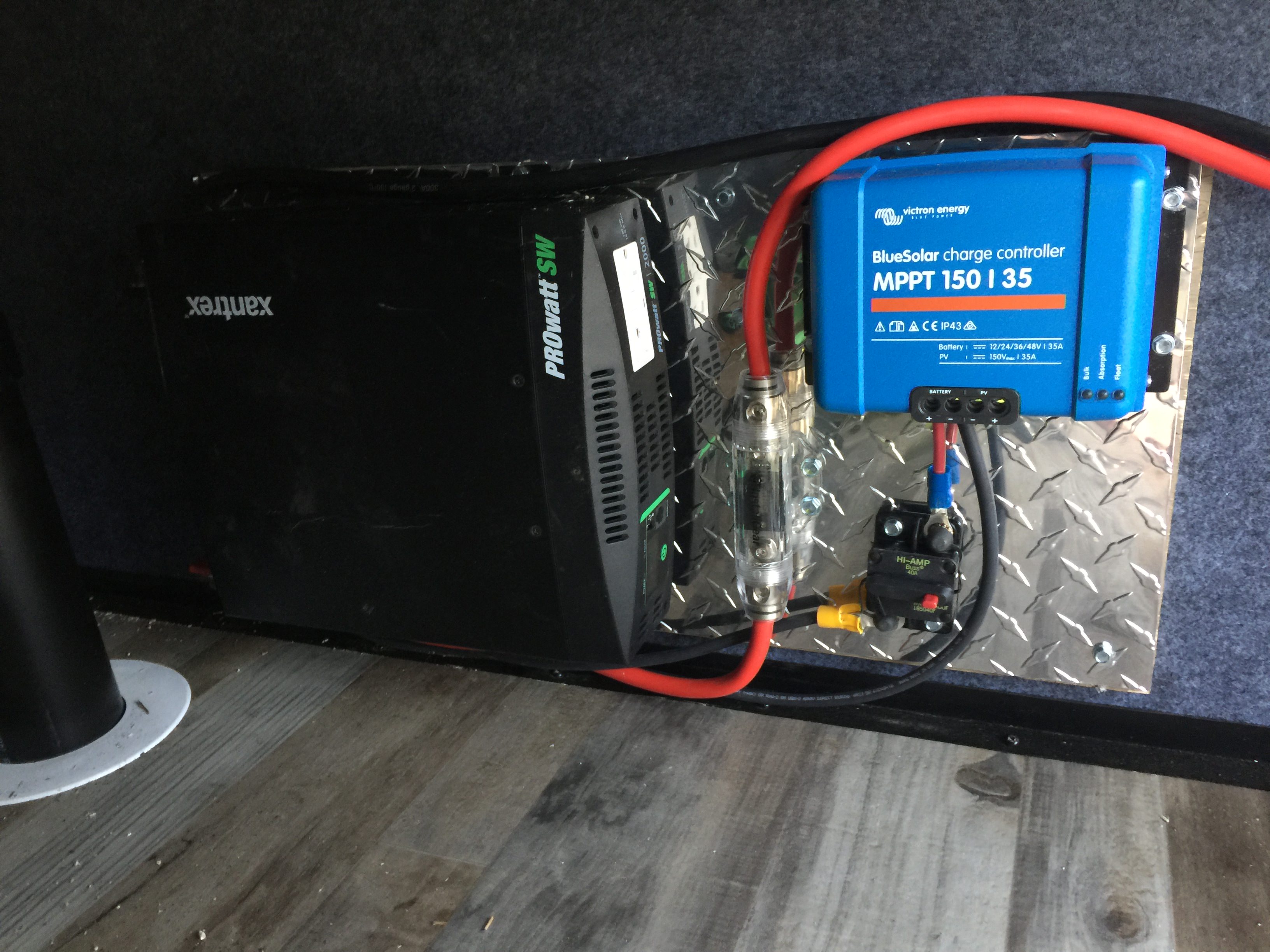
You’ll also need a charge controller to regulate the voltage and current to the batteries to prevent overcharging your storage system. There are two types of solar charge controllers: pulse width modulation (PWM) and maximum power point tracking (MPPT). The difference between the two is that the PWM controller draws current out of the solar panel at just above battery voltage whereas MPPT controller draws current out of the solar panel at the panel “maximum power voltage.”
For a more in-depth look at installing a solar power system, check out this series by Ronnie Dennis on every step of the process:
- DIY Solar: What Is It, And Do You Need It?
- Installing A Solar Power System: What Components Will You Need?
- DIY Solar Power: How Much Do You Need?
- How To Install A Solar Panel System On Your RV Roof
- How To Install The Interior Components Of A Solar Power System

